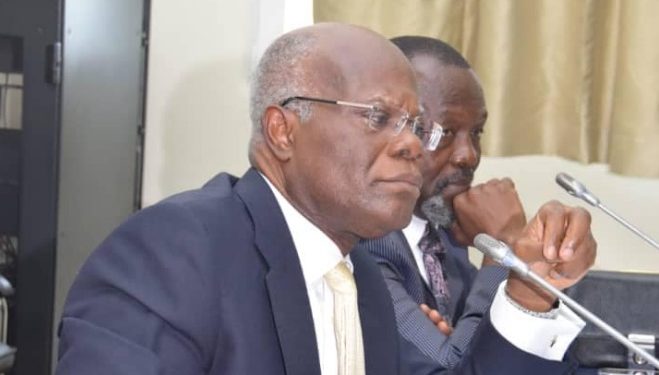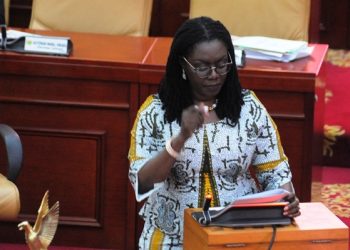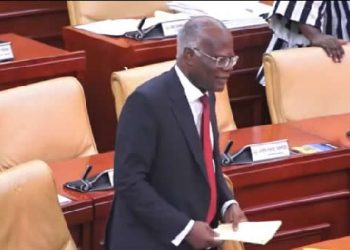Some eight foreign trade associations are strongly urging government to reconsider its decision to reintroduce the import restrictions bill in Parliament.
The call from the trade associations which include the American Chamber of Commerce, Ghana, the UK Ghana Chamber of Commerce, Canada Ghana Chamber of Commerce; European Chamber of Commerce; France Chamber of Commerce Ghana South Africa Chamber of Commerce, Ghana Netherlands Business and Culture Council (GNBCC), Ghana South Africa Business Chamber (GSABC) and the Spain Ghana Chamber of Commerce (SGCC) comes despite the Trades Minister, K.T Hammond’s assertion that government will re-introduce the bill to parliament in due time.
In a statement issued on Wednesday, 21st February, 2024, the trade associations say the proposed Legislative Instrument that restricts the imports of 24 goods into Ghana, also has “the potential to strain trade relations and create tensions with Ghana’s key trading partners, such as the US, UK, and the European Union. And measures that restrict the flow of goods could undermine the spirit of trade partnership agreements and hinder the smooth operation of trade between Ghana and its international partners.”
“In short, we are local employers with a demonstrated commitment to producing in Ghana and sourcing locally for our production within Ghana where we can. A permitting committee that directs who can import and to what extent, is not a measure that we would seek as a means to increase our competitiveness. On the contrary, we can see scenarios where the resulting higher prices of production and distortions to competition could create a more challenging environment as a result, it added.
The associations further note that, “As companies that seek to help realize Ghana’s goal of expanding its regional trade within Africa — especially in the context of its leadership role as host of the AfCFTA Secretariat — we are concerned about the demonstration effect of such a measure on neighboring or other African countries who may try to copy such a measure.
That, in turn, would limit Ghana’s international trade opportunities and the goals of developing regional value-added chains in agro-processing, automotive, and other sectors of priority to Ghana.”
It also notes that “Ghana has other tools to deal with legitimate trade concerns and there already exist multiple measures, policies, and taxes on some of the products on the list. Used clothing has been subject to a major tariff increase. Used autos are subject to various policies, including a special valuation regime and proposed inspection regime. The industry has worked with the Government regarding a range of sugar policies and taxes. Poultry is already subject to import permits. Some plastics already attract special taxes.”
We are thus concerned that at a fundamental level, the government would be choosing who gets to be importers into the country and that there are distortions to competition that flow from that break from international trade norms.
“Further, the measure does not take into account some practical aspects of international trade and how businesses plan their operations. Suppliers assess and choose who they think is qualified to serve as an authorized distributor or representative in a foreign market. A committee in Ghana selecting and limiting the importers through a permitting process would distort this natural and competitive aspect of international business,” it stated.














